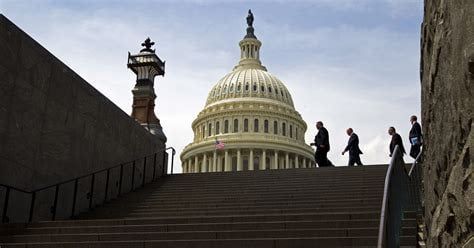Los Angeles, CA – Today, the California State Assembly passed a bill 65-0 that would close a loophole in state law that allowed Former Assembly Speaker Fabian Nunez to influence decision-making at the Department of Insurance without registering as a lobbyist. On Monday, the Assembly voted 73-0 to pass another bill to require agencies to retain all public records for a minimum of two years.
AB 1783 (Levine), addressing lobbying of state agencies, and AB 2370 (Levine), requiring retention of public records, both arise from a government corruption scandal involving the Department of Insurance and the workers’ compensation insurer Applied Underwriters.
Two former lawmakers—Fabian Nunez and former Assembly Member Rusty Areias—were hired by Applied Underwriters to influence Insurance Commissioner Ricardo Lara’s approval of the sale of the company.
At stake were potentially hundreds of millions of dollars in overcharges to small businesses and workers. Fabian Nunez and Rusty Areias were to be paid under a $2 million contingency fee contract.
The Sacramento Bee recently reported on the issue of so-called “consultants” influencing administrative actions of state agencies, while avoiding public reporting requirements of the landmark Political Reform Act.
AB 1783, passed today, closes a loophole by including under the definition of “lobbying” any efforts to influence the Department of Insurance or Department of Managed Health Care’s approval of insurance company mergers. The bill would apply existing public reporting requirements and a ban on contingency fee bounties.
AB 2370, passed Monday, would require all state agencies to retain public records for a minimum of two years.
California’s landmark Public Records Act reflects the principle that government transparency is essential in a democracy. Yet, there is no minimum retention period for such records that applies to state agencies. As a result, records may be deleted or destroyed before the public or journalists are able to access them.
AB 2370 would simply apply to state agencies the same minimum two-year retention period for public records that is already in place for California counties and cities.
Destruction of public records hamstrings government agencies’ ability to conduct enforcement actions and is contrary to the basic tenets of transparency.
Yet, just this year the Department of Insurance adopted a record deletion policy that would have automatically deleted agency email after 180 days unless individual staff manually archived each email.
The policy, which was pulled back in the wake of media attention, was developed following statewide news coverage of the pay-to-play scandal involving Applied Underwriters and cloaked campaign donations to Insurance Commissioner Lara’s 2022 re-election campaign.
Failure to retain public records is a problem that reaches beyond the Department of Insurance. For example:
- As recently reported, a state official shredded documents that she no longer considered “relevant,” even though they were central to a contract dispute.
- CalPERS began automatically deleting email older than 60 days in 2011 after a government scandal.
- In 2016, CalTRANS’s 120-day auto delete email policy was determined to constitute spoilation of evidence.
- The California Environmental Protection Agency currently considers emails transmitting “informal information” to be “transitory,” and deletes them after 90 days.
- The Medical Board destroys “physician licensing files . . . . not necessary to establish qualifications for licensure” upon the time the physician’s license is issued.
- The DMV destroys records regarding a driver’s failure to establish insurance coverage following an accident after just 30 days.
- The Department of Forestry destroys records regarding hazardous material (Hazmat) property upon expiration of the relevant contract regardless of the time period, and records of fire safety inspections after one year.
AB 2370 is supported by the California News Publishers Association, Californians Aware, Consumer Watchdog, First Amendment Coalition, and Oakland Privacy.
AB 1783 is supported by the California Clean Money Campaign, Consumer Federation of California, and Consumer Watchdog.
– 30 –

